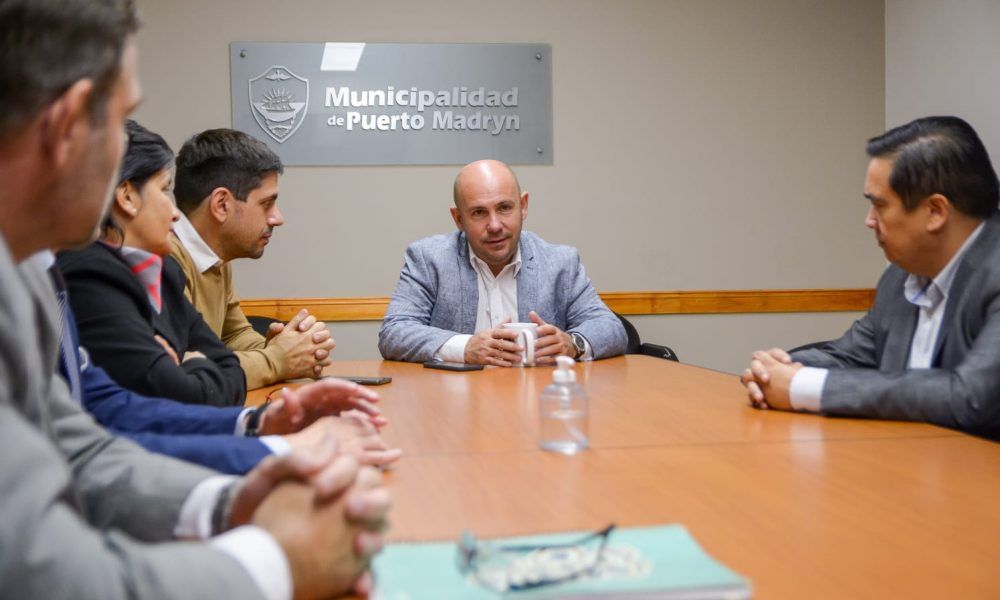New York State would soon allow one person, such as a friend or family member, to be the officiant at a wedding.
This is because the project law 6300-Acalled “Marriage Officer for a Day” and proposed by Assemblywoman Sandy Galef, passed the state Assembly and Senate and would authorize the Secretary of State to establish a procedure for a person to become a marriage officiant.
In a statement she expresses how Assemblywoman Galef attended a very intimate and personal wedding in California in September 2005. She attributed the nice, moving and pleasant feeling of that ceremony to the fact that the sister of the bride was the officiant of the wedding. Assemblywoman Galef wanted this same experience to be available to all New Yorkers, if they so choose.
That was more than 16 years ago, and ever since then, an increasing number of couples, with the goal of creating a unique and intimate ceremony, choose to have their marriages officiated by a friend or family member. In the United States, the number far exceeds 40% of couples.
The authority to solemnize a marriage in New York State is limited to the clergy, the leaders of some Ethical Culture Societies, and certain public officials. People believe that by getting ordained online they fall under the umbrella of “clergy” and thus can perform a marriage.
However, in New York State, marriages performed by people ordered online are not always legal when a divorce arises. This is attributed to the fact that clergy is specifically defined in the New York State Religious Corporations Law, and ministers ordained online often do not meet those requirements.
Thus, in the past, New York State court cases regarding the legality of couples married by a person ordered online have gone both ways; yes, the marriage was legal and no, the marriage was not.
“An increasing number of couples now prefer to be married by a friend or relative, and our laws should take that into account. This bill will modernize our law by giving New York State couples the opportunity to further involve their loved ones in their special day. I would like to thank Assemblyman Galef and my legislative colleagues for their support of this legislation, and I look forward to seeing this bill become law,” said State Senator Alessandra Biaggi.
Since this is already happening at a high rate, New Yorkers need a clear legal choice, aside from trying to fall under the clergy title, when choosing a friend or family member as their marriage officiant. These online officiant options often require no more than saying that he is over 18 to be ordained.
What requirements should I meet to be a Marriage Officer for a Day?
When the law is signed by Governor Kathy Hochul, and once it is signed into law, for a person to become a ‘Marriage Official for a Day,’ they must be over 18, submit an application form and pay a small fee.
The required application form includes the applicant’s name, date of birth, legal address, email address, and telephone number, along with the names, dates of birth, and addresses of the parties to be married, the name of the city, town or village where the solemnization will take place, and the exact date on which the marriage will take place.
This legislation also circumvents the legality issues that currently exist with online ordination that come from groups that seem almost satirical and exist primarily for the purpose of providing people with a Certificate of Ordination.
Those who are truly spiritual and religious will continue to choose a minister, priest, rabbi, or member of the clergy, with whom they often have a relationship, to officiate at their marriage.
However, those who are not, or those who cannot yet be married by the clergy, currently have few options. The LGBTQ+ community falls into this category. This legislation would have such a positive impact on that community, the statement says, as they would benefit from inclusion by allowing a person of their choice to officiate at their wedding.
“With all my heart, I believe that this is a wonderful opportunity for our State and that many will take advantage of it,” Galef said. “Instead of having to worry about the legality of their marriage, couples will now have a clear and concise legal choice. They can have a friend or family member officiate their marriage by becoming a one-day marriage officiant, giving their wedding that personal touch, such as reflecting on their specific journey, sharing childhood memories, or pointing out quirky characteristics they have. The result will likely be a personal intimate ceremony enjoyed by all,” added Galef.
California, Massachusetts, Vermont and, more recently, Rhode Island have passed similar laws allowing a person to become a marriage officiant for a day, and Assemblywoman Galef has modeled her legislation on those successful programs.
–


